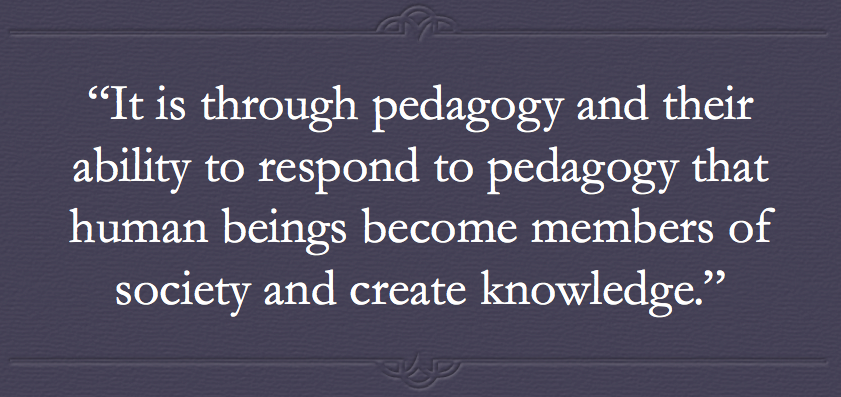Vygotsky’s concept of zone of proximal development (ZPD) have been interpreted differently in research. Jean Lave and Etiene Wenger in their book Situated Learning: Legitimate Peripheral Participation (Learning in Doing: Social, Cognitive and Computational Perspectives)
classified the different interpretations in to three:
Scaffolding interpretation
In some studies, the zone of proximal development is interpreted as the distance between problem-solving abilities exhibited by a learner working alone and that the learner’s problem-solving abilities when assisted by or collaborating with more-experienced people. This ‘scaffolding’ interpretation has inspired pedagogical approaches that explicitly provide support for the initial performance of tasks to be later performed without assistance.
Cultural interpretation
The ‘cultural’ interpretation construes the zone of proximal development as the distance between the cultural knowledge provided by the socio-historical context – usually made accessible through instruction- and the everyday experience of individuals. Hedegaard calls this the distance between understood knowledge, as provided by instruction, and active knowledge as owned by individuals.. This interpretation is based on Vygotsky’s distinction between scientific and everyday concepts, and on his argument that a mature concept is achieved when the scientific and everyday versions have merged.
Collectivist’s or societal interpretation
Engestrom defines the zone of proximal development as the ‘distance between the everyday actions of individuals and the historically new form of the societal activity that can be collectively generated as a solution to the double bind potentially embedded in …. everyday actions”. In this interpretation, researchers tend to concentrate on processes of social transformation. There is interest in extending the study of learning beyond the context of pedagogical structuring, including the structure of the social world in the analysis, and taking into account in a central way the conflictual nature of social practice.

